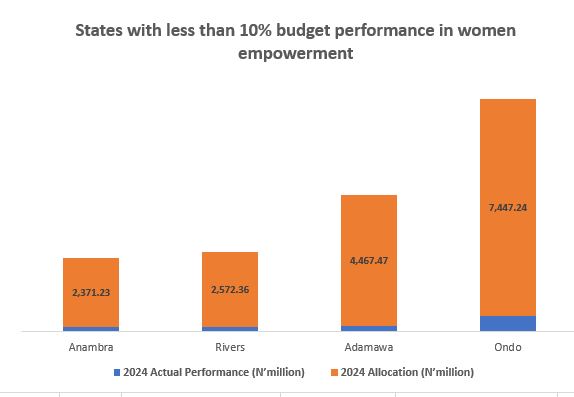Nigeria will soon be naming the transaction advisors and lead managers for the issuance of its first Eurobond since 2018.
The planned $3bn dollar-denominated debt comes as the country seeks to tap into cheap global liquidity to plug its budget gaps and fund much-needed infrastructure.
“The target client for the issuance are foreign investors hence the FG would likely use foreign advisors,” a source told BusinessDay. “FG might turn to Standard Chartered Bank. They were on Ghana’s recent Eurobond issuance.”
However, another source said Stanbic IBTC Capital would likely be the advisor.
Citibank Global Markets Limited and Standard Chartered Bank were joint lead managers for the 6th Eurobond issuance in 2018, which was Nigeria’s last venture into the global debt market, while FSDH Merchant Bank Limited was the financial advisor.
When contacted by BusinessDay, a senior FSDH official said he could neither confirm nor deny the bank’s role in the upcoming debt issuance due to client confidentiality agreement.
Nigeria steered clear of the international debt market last year after its record issuance of $5.4bn in 2018, according to data from Chapel Hill Denham.
However, the government’s 2020 budget deficit of N2.175trn, about 1.52 percent of GDP, will be financed by borrowing N850bn from foreign sources as well as multi-lateral /bi-lateral loan drawdowns of N328.13bn.
Finance Minister Zainab Ahmed said in December that Nigeria would be quick to tap into the international debt market to ensure the country has enough funds for the implementation of the 2020 budget.
“What we’re not able to get in concessionary loans, we’ll go for the commercial window. Eurobond is one option,” Ahmed said.
Already, President Buhari’s team is awaiting lawmakers’ approval for a proposed concessionary borrowing of $29.96bn for which, even though delayed, Senate President Ahmad Lawan has given assurance of approval.
Nigeria’s proposed issuance comes after Ghana and Gabon’s successful Eurobond issuance which saw interests of 5x and 3x, respectively.
Ghana is fresh off its $3bn dollar-denominated debt sale which saw investors oversubscribe with an order book of $15bn.
The issuance which was split across three tenors – US$1.25bn 7Y, US$1bn 15Y and US$750m 41Y – cleared at 6.375 percent, 8.0 percent and 8.875 percent, respectively.
Similarly, Gabon’s $1bn 10-year bond sold at 6.625 percent with an oversubscription of 3x.
“It’s still a broadly favourable primary market because there is still a lot of demand for high-yield bonds globally due to the low-interest-rate environment,” said Omotola Abimbola, fixed income analyst at Lagos-based Chapel Hill Denham. “Even countries with worst rating than Nigeria have gone to the market and raised a substantial amount of money at cheap rates.”
A successful outing for Nigeria would raise its foreign exchange reserves to at least $40.7bn and halt the steady decline in foreign currency holding since mid-January, which had brought fears of devaluation to the fore in recent months.
It would also raise Nigeria’s Eurobond debt stock to a minimum of $13.868bn with total external stock estimated by the Debt Management Office (DMO) to be $26.941bn increasing to approximately $30bn.
While foreign debt has been cheaper for the government due to low-interest-rate environment in the developed world, the International Institute of Finance (IIF) has warned several countries in sub-Saharan Africa, including Nigeria, will face substantial debt amortisation payments in coming years.
African Sovereign Eurobond issuance has surged in the last four years despite a decline to $25bn in 2019. Meanwhile, for Nigeria, issuance stood at a record high of $4.8bn and $5.4bn in 2017 and 2018, respectively.
“The medium-term (debt amortisation) peak will be reached in 2024-25, with $6.6bn and $7.4bn in repayments, respectively. In terms of individual countries, Nigeria, Kenya, Ghana, Angola, and Zambia will feel the highest-burden,” IIF said in a January report.
In 2020, the 16 countries studied by IIF will need to pay around $4.3bn in interest, compared to $1.6bn five years ago and only $300m 10 years ago.
“Ghana, Nigeria, and the Ivory Coast alone are responsible for more than half of the 2020 total,” it said.
In the third quarter of 2019, Nigeria paid $263m as interest fee on its Eurobond, according to the DMO.
For Nigeria, a downturn of oil price remains a risk to foreign borrowing as it could cause a surge in debt levels and make repayments difficult. But this has not discouraged expensive short-term inflows into central bank (CBN) bills to finance growing budget deficits.
SEGUN ADAMS











